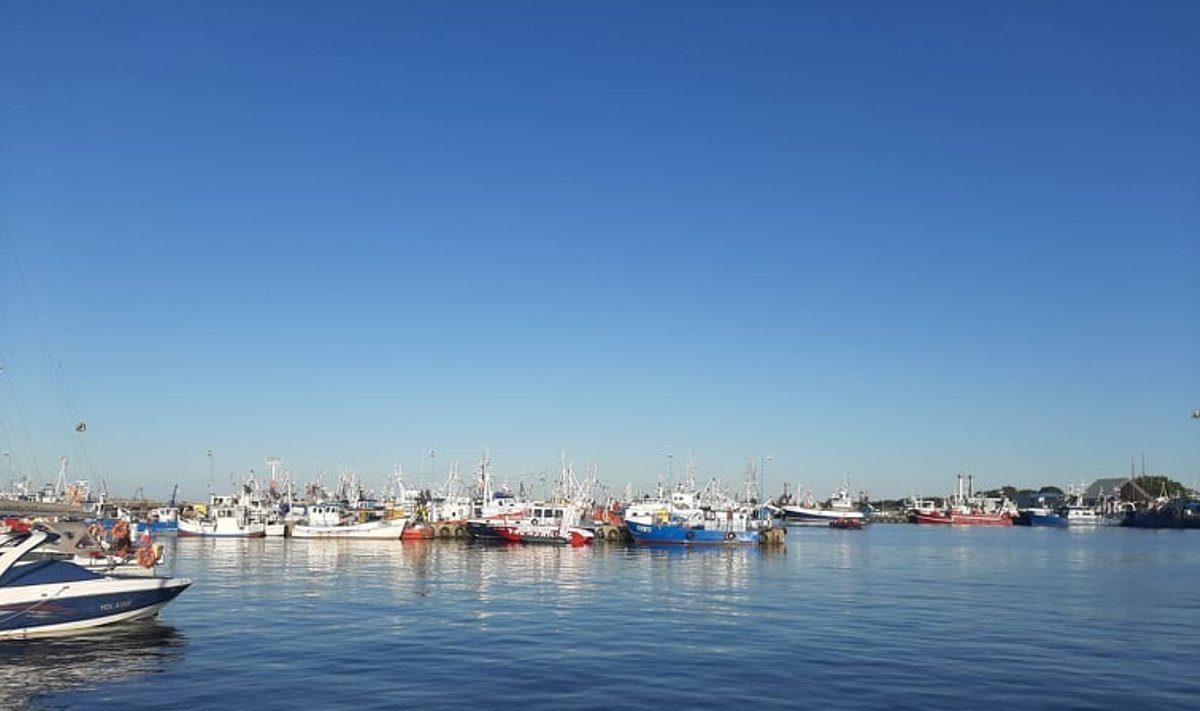‘People travelling abroad should do their homework before travelling so as to find out about the requirements applicable in the country of their destination and what additional documents may be needed. It is particularly advisable to follow the epidemiological situation, which tends to be volatile and thus may result in new restrictions both in foreign countries and in Lithuania’, says Giedrius Surplys, Head of the Public Information Group.
Every Friday, the Ministry of Health updates the list of countries most affected by coronavirus infection (COVID-19). This list is effective from Monday to Monday and it is updated to the epidemiological indicators in foreign countries, which can be followed on the website of the European Centre for Disease Prevention and Control at www.ecdc.europa.eu. Please note that it is highly probable that Poland may be added to this list shortly.
‘Our aim is to minimize the inconvenience to our citizens due to the growing number of COVID-19 infections in Europe, therefore we make a single weekly update to the list of countries, the arrivals from which are subject to self-isolation. However, individual vigilance continues as before the best ‘insurance policy’ against coronavirus infection’, says Surplys.
Territories are deemed to be virus-affected, where coronavirus incidence rate exceeds 16 cases per 100 000 population in the last 14 days. Foreign nationals arriving from the countries with the incidence rate above this figure are required to stay in isolation for 14 days, while isolation and testing for the coronavirus infection are mandatory to those arriving from the third countries included in the list of the affected countries. Isolation premises, transportation to isolation premises and the testing site for the coronavirus infection, and testing for the coronavirus infection for foreigners arriving in Lithuania for work or with special permits shall be provided and paid for by the employer, the inviting person, or foreigners themselves. Lithuanian citizens returning from countries where the incidence rate exceeds 16 cases per 100 000 population are required to stay in isolation for 14 days.
These measures also apply in the cases where persons have travelled through the affected countries in transit (by car, public transport, etc.), with the exception of travel by air without leaving the airport transit area.
Travellers returning or arriving from the countries on the list of the most affected countries must register within 24 hours by submitting their details to the National Public Health Centre. The same applies for arrivals of both Lithuanians and foreigners with entry permit, when coming back from these countries.
